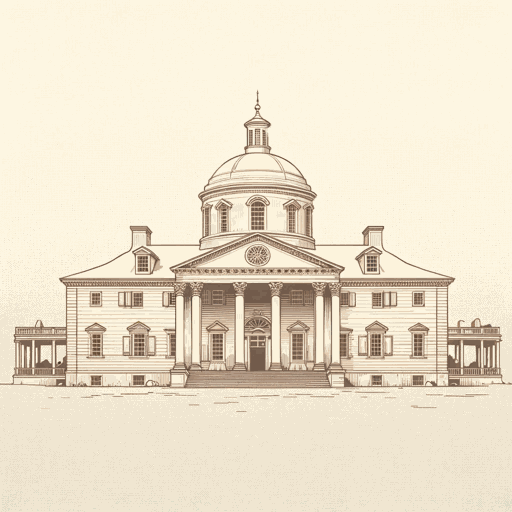41 pages • 1 hour read
Joseph J. EllisFounding Brothers: The Revolutionary Generation
Nonfiction | Book | Adult | Published in 2000A modern alternative to SparkNotes and CliffsNotes, SuperSummary offers high-quality Study Guides with detailed chapter summaries and analysis of major themes, characters, and more.
Themes
The Great Improvisation
The government institutions Americans take for granted are without precedent before the Revolution (except on a small, temporary scale in Republican Greece and Rome) and therefore had to be wholly invented. Hindsight shows how the American Revolution will not only survive, but create a thriving republic that will set standards for the rest of the world. Still, at the time, the Revolution’s success seems “improbable,” and had the British been better organized, the whole course of Western history could have gone differently (3). While the leaders of the Revolution had long envisioned American independence, once they succeed in winning the war, they have to figure out how to maintain independence and put aside their different opinions and interests to figure out how this new, non-monarchical nation should be governed.
A prime example of improvisation is the question of how to be president of a republic without a precedent. Washington, the first president of the Union, as well as the public governed by him, has to improvise what the leader of a republic looks and acts like. The most recent head of state, George III, had been a monarch. Washington’s image and tastes are in many ways monarchical, and his physical size unquestionably denotes authority.
Related Titles
By Joseph J. Ellis





